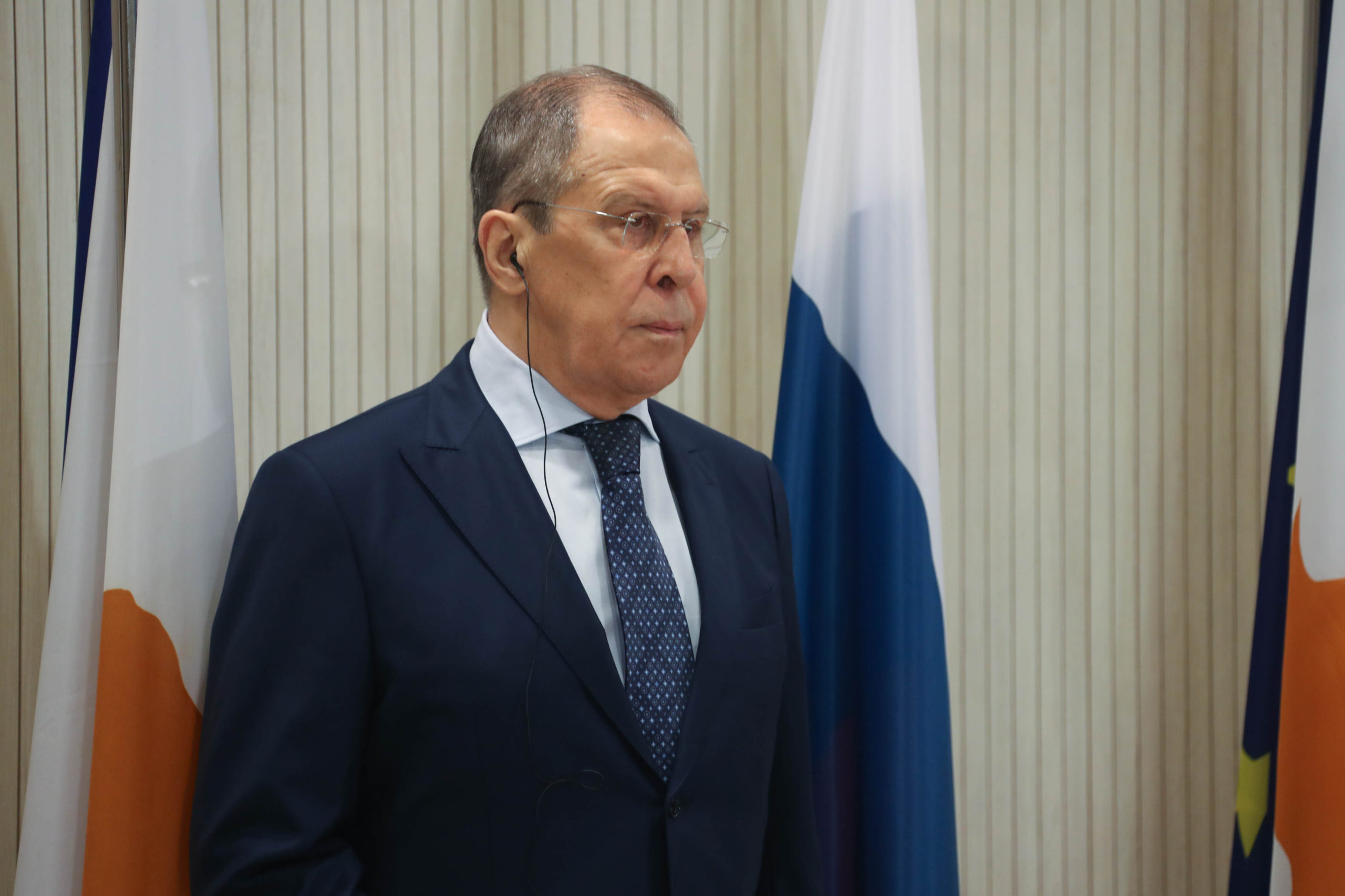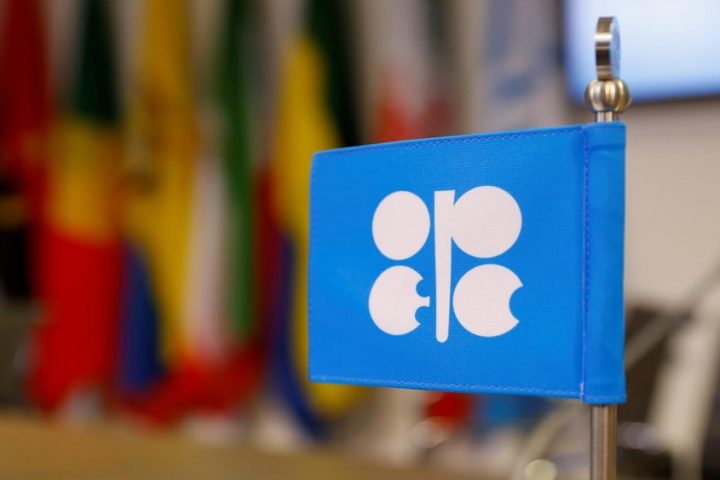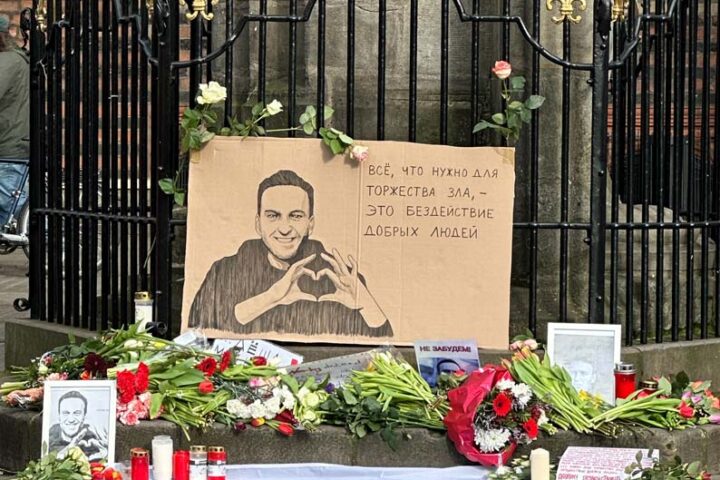By Dr Andrestinos N. Papadopoulos (Ambassador a.h.)
The coincidence of the visit to Cyprus of Russian Foreign Minister Sergey Lavrov, on September 8, with the 60th anniversary of establishing diplomatic relations between Nicosia and Moscow acquires a symbolic meaning for two reasons.
First, because the relations of the two peoples are based on a traditional friendship nurtured by cultural and religious ties, and the support extended by Russia to the struggle of Cyprus for a just and lasting solution of the Cyprus problem.
Second, in the present phase of escalation of the crisis in the eastern Mediterranean, due to the illegal actions of Turkey in the Greek and Cypriot EEZ, the presence of the Russian Foreign Minister is of particular importance, because of the role played by Russia in our region as a world power.
Suffice to mention Syria, Libya, the military exercises of the Russian fleet in our seas and the explosive environment created by Turkey in the eastern Mediterranean, which directly affects the Republic of Cyprus.
The global interests of Russia are at the root of its multifaceted foreign policy, which aims at the creation of favourable external conditions to secure continued internal development.
In the new international environment, Russia rapidly adjusted its diplomacy to new conditions.
Here are some examples:
The relations between Russia and NATO are linked to security questions, after the extension of NATO forces to the east.
Russia-US relations are a chapter of particular interest.
The long-lasting historic ties of Russia with China contributed to the development of bilateral cooperation in various fields.
Europe is among Russia’s priorities and its relations with the European Union envisage a comprehensive European architecture.
The problem of the Middle East, that of Cyprus, the Iranian nuclear question, as well as other international problems, are challenges facing the Russian diplomatic service.
Within this framework of diplomatic activity, Cyprus also has its place.
And this is the message sent by the visit of Sergey Lavrov, who is the only foreign minister with an in-depth knowledge of the Cyprus problem.
The main purpose of the visit was to reaffirm that Russia is a friend of Cyprus, but also to clarify that the deepening of the Russia-Turkey relations does not in any way affect the relations between Russia and Cyprus.
Giving content to this purpose, Minister Lavrov in an interview published in the newspaper “Phileleftheros” mentioned that Russia wishes to contribute to the establishment of good neighbourly relations between Cyprus and Turkey and offer its help to de-escalate the crisis, if the two sides so request, thus registering its intention to mediate, for the third time.
Moreover, he expressed Russia’s concern about the developments in the eastern Mediterranean characterising as unacceptable any steps that could lead to a further escalation of tensions.
Here, I observe that Mr Lavrov avoided mentioning Turkey by name, a fact which led some commentators to suggest that Russia is keeping equal distances.
I interpret the non-mentioning of Turkey by name by the minister as aiming at not offsetting Russia’s intention to act as mediator.
The talks covered bilateral questions, the Cyprus problem, the crisis in the eastern Mediterranean and other issues of common interest.
Concerning the bilateral questions, we have a concrete result – the signing of two agreements: The Programme of Political Consultations between the two foreign ministries for 2021-2022, and the Protocol on Avoidance of Double Taxation.
As far as the Cyprus problem is concerned, I observe a very positive stand.
The solution should be a bizonal, bicommunal federation, based on UN Security Council guarantees for Cyprus, to secure independent sovereignty and territorial integrity.
Support for UN Security Council Resolutions 550 and 789 concerning Varosha, opposition to any attempt to change the terms of reference of UNFICYP, recognising the right of the host country to have a saying on the matter.
Certainly, this remark is based on UNSC Resolution 186 (1964) of March 4 which provides for the creation of the Force “with the consent of the Government of Cyprus”.
Finally, accepting as correct the viewpoint that Cyprus has no interest in taking sides either with the U.S. or Russia, the Russian minister did not raise the question of Cyprus-US relations.
Even the non-reference to the US concern over visits of Russian warships to Cyprus ports is explained by the existence of the 2015 intergovernmental agreement on military cooperation, which entered into force in 2016.
Paragraph 3 of the agreement provides as one of the forms concerning the realisation of cooperation ways between Russia and Cyprus “calls at the ports of warships of the States Parties and visits of military aircraft.”
Concluding, the common will to deepen the Cyprus-Russia bilateral relations gave a dynamic boost to these relations and this is the attainment of Lavrov’s visit to Cyprus.
As an expression of appreciation to Russia’s support and that of minister Lavrov’s personally to the struggle of Cyprus for a just and lasting solution of its problem, President Anastasiades decided to decorate him with the Grand Cross of the Order of Makarios III.
Mr Minister congratulations, your Cyprus decoration is richly deserved.










